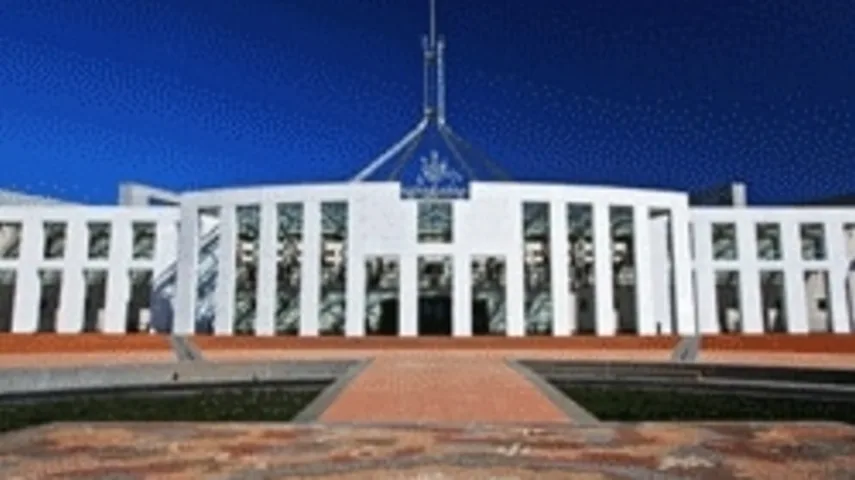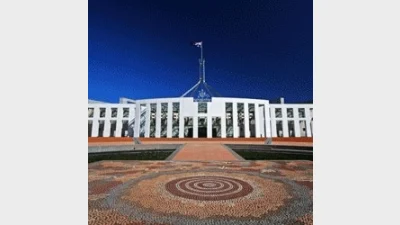Financial services should be wary of a lean and hungry treasurer



With less than a week to go before the Treasurer, Wayne Swan, hands down his fourth Federal Budget, the financial services industry should be wary of a Government that has spent the past four weeks reciting a mantra of fiscal austerity.
While there is every indication the Government will use the Budget to eliminate some of the unintended consequences of past Budget decisions – such as its 2008-09 cuts to concessional contribution caps and the consequent difficulties with respect to excess contributions – the financial services industry should not ignore the fact it represents a substantial revenue milch cow.
The industry needs to reflect upon its revenue-generating and collecting capacity in the context of a Federal Government that has already admitted current budget revenues are tracking well below what was expected, and in circumstances where forecasts in next week’s Budget are expected to confirm revenue from the proposed Mineral Resource Rent Tax will not be as great as originally expected.
While Swan has openly canvassed ‘unpopular’ cuts in the Budget, cuts alone will not serve to deliver the sort of fiscal bottom line a Government needs to generate the longer-term political capital that will flow from delivering a return to surplus.
With this in mind, financial planners and their clients would do well to consider those elements of Government policy that have, from time to time, been described as either overly generous or economically difficult to sustain.
They might care to reflect that virtually on the eve of the 2007 election of the Rudd Labor Government, former Prime Minister and Treasurer, Paul Keating, questioned whether the Howard Government’s so-called ‘Better Super’ regime, including transition-to-retirement, could be sustained through times of Budget adversity.
“It remains to be seen whether the concessionality introduced by the Coalition for retirees over 60 can, in monetary terms, be sustained,” Keating said.
“It is one thing introducing these things, but if you look at the long-run cost to the Budget, it is another thing sustaining them.”
Keating is not a particularly influential character within the current Government, and while it seems unlikely that the Government will utterly remove a policy as popular and well used as the transition-to-retirement, that does not preclude it from tinkering at the edges to reduce the Budget impact.
Recommended for you
In this episode of Relative Return Insider, host Keith Ford and AMP chief economist Shane Oliver unpack the RBA’s decision to keep the cash rate on hold in the face of rising inflation and whether the governor’s hawkish tone is a sign of things to come.
In this episode of Relative Return Insider, host Keith Ford and AMP chief economist Shane Oliver discuss the September quarter GDP figures, which show Australia’s economy regaining momentum.
In this new episode of The Manager Mix, host Laura Dew speaks to Haley Devine, head of wealth management at MaxCap Group, to delve into private credit and commercial real estate.
In this new episode of The Manager Mix, host Laura Dew speaks to Benjamin Leung, head of systematic investments at Macquarie Asset Management, to understand the use of systematic investments.







